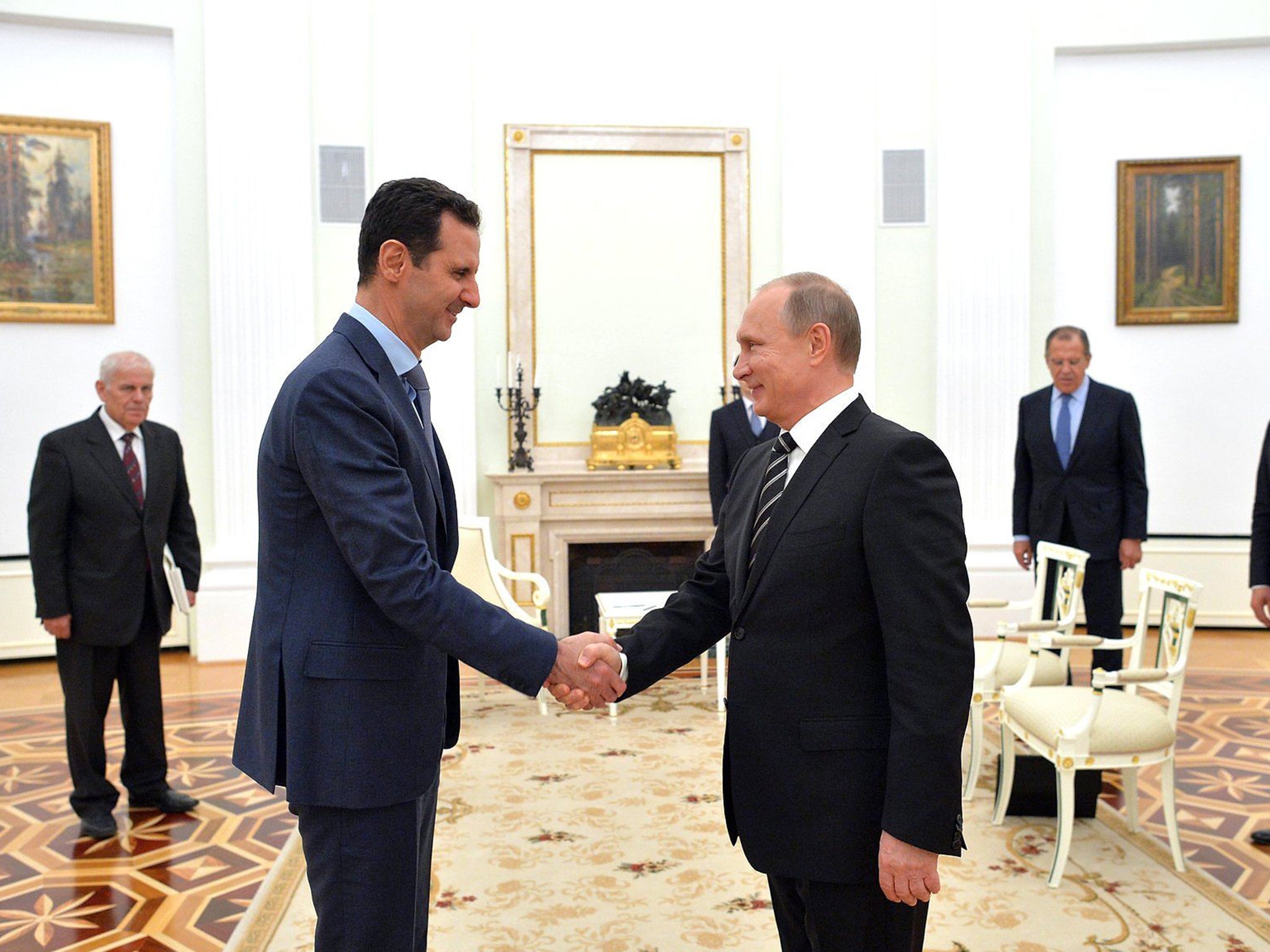Notions of 'Russian threat' are nothing more than new Cold War rhetoric
This truly cooperative approach to conflict resolution on a realistic basis has no sound alternatives

It is unfortunate that many nowadays engage quite lightly in the new Cold War rhetoric. It does not reflect the reality, only helps distort it for those who take comfort, or rather shelter, in prejudices of the past. And Russia for centuries served an ideal scapegoat for everything that went wrong in Europe and a wider world. The very notion of “Russian threat” is revived as a symbol of business as Cold War usual in Euro-Atlantic affairs.
The BBC in its recent documentary “WW3: in the war room” ascribes to Russia not only aggressive intent, but also initiative of a nuclear escalation. It runs counter to the view of the NATO military, who acknowledge, that Russia feels safe behind the so called anti-access/area denial bubbles along the whole length of her western frontier. Why, too, ascribe to us WWII tactics, including armored columns and occupation, when it is obviously at odds with modern warfare?
The present state of NATO and the EU testifies to the blunder of their rushed politicised expansion after the end of the Cold War. In case of the EU it pushed aside other priorities, including further integration within euro zone and stronger common borders. The new members wanted to be on the right side of the fence, but still behind the fence. That is why today’s clash of expectations as well as values.
As regards NATO expansion, here we find a paradox when new members’ sense of insecurity is a function of their membership in the Alliance. For even fearmongers, trying to bridge the perceived credibility gap between the “Russian threat” and territorial defense requirements of the Cold War, talk of new members as NATO’s soft spot. This just causes tensions. Why not resolve the problem by way of finding common ground with Russia as we did until recently? If legal guarantees are needed, let’s establish a proper overarching collective security system.
We have come to the point when unilateralist options, based on the zero-sum geopolitics, have run their course. Met with unilateral responses by Russia the crises in Ukraine and Syria naturally prompted collective negotiated solutions, blessed by the UN Security Council resolutions. In case of Ukraine we have the Minsk-2 agreements, arrived at by the “Normandy Four”. In case of Syria this is the US-Russia leadership of the Vienna process, which has brought about the current ceasefire. It holds hope for a political settlement.
This truly cooperative approach to conflict resolution on a realistic basis has no sound alternatives. Among other things it is built upon the civil war experience of the Syrians who could have a glimpse of their future under the rule of foreign terrorists. Success of the peace process will help alleviate the present migration crisis in Europe, a product of the deadlock in Syria, that the outside world put up with for too long.
25 years after the Cold-War end, by trial and error, we have stumbled upon the right track and now must carry on.
Alexander Yakovenko is the Russian Ambassador to Britain
Join our commenting forum
Join thought-provoking conversations, follow other Independent readers and see their replies
Comments
Bookmark popover
Removed from bookmarks